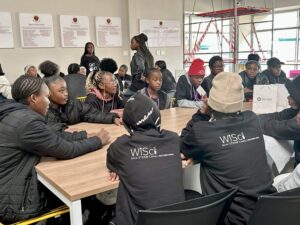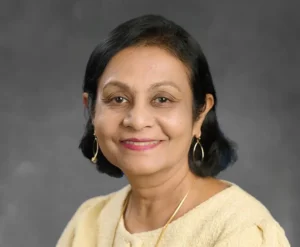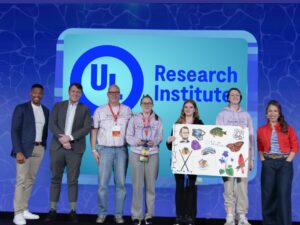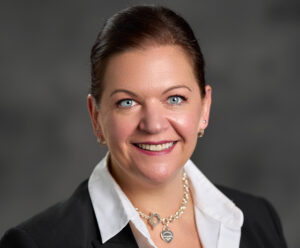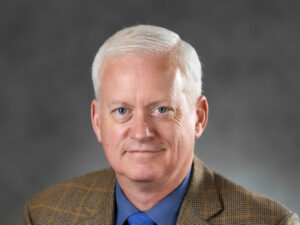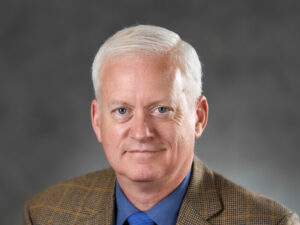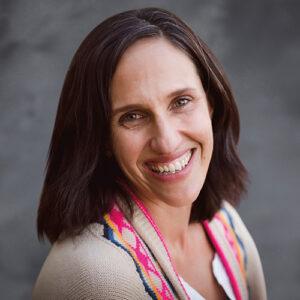Embracing Equity in STEM Research for International Women’s Day
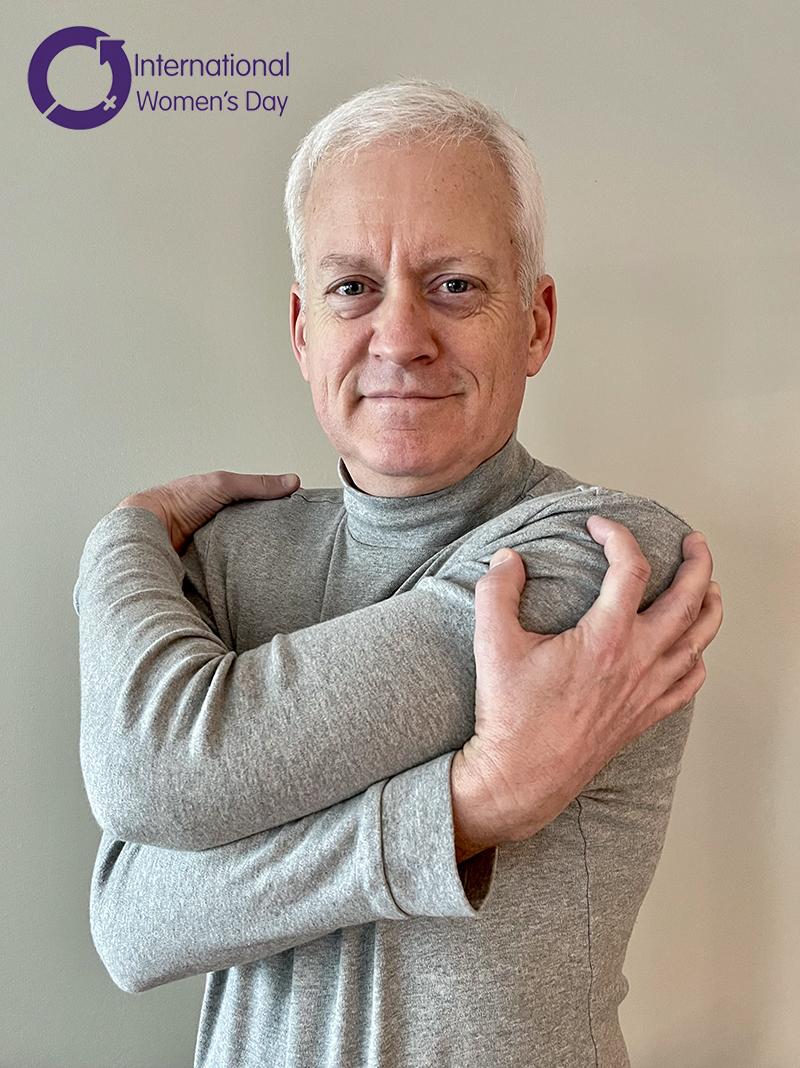
By Christopher J. Cramer, Ph.D., executive vice president and chief research officer for UL Research Institutes
This year’s theme for International Women’s Day (IWD), “Embrace Equity,” highlights an important distinction between “equality” and “equity,” two concepts that are otherwise sometimes used interchangeably. While equality aims to provide identical, that is, equal, treatment and opportunities to everyone, equity focuses on ensuring that everyone has the resources and support that they need to succeed, regardless of their starting point or circumstances. To learn more about the history of IWD — which has been celebrated informally since 1908, and officially designated by the United Nations in 1975 — explore this year’s theme, and what you can do to support it, I encourage you to visit the IWD official website.
Today, I’d simply like to reflect on my own personal experiences of “embracing equity,” share a little bit about the various leaders of UL Research Institutes (ULRI), and offer my perspective on why it’s more important than ever that we keep a strong and global focus on equity for the future of safety science.
Let me begin with a reflection on my time as an educator at the University of Minnesota where, for 29 years before joining UL Research Institutes, I served as a professor and ultimately also as vice president for research. I proudly remain affiliated with the institution as a professor emeritus.
Representation matters
If we take the improvement of people’s lives as a foundational goal for science — which I think we should! — then it quickly becomes apparent: Representation matters. One of the more obvious situations where lack of representation can lead to poor outcomes is in the running of clinical trials. Failure to account for possible response differences among different populations can render a given trial much less useful, and trial designs are more prone to such failures when the research team itself lacks representation. There are many analogous situations where the research needs of specific communities may go unrecognized and unmet in the absence of the full participation of members of those communities in science, technology, engineering, and math (STEM) careers.
I’m glad to observe that since my early days as a professor, more and more women, people of color, and indigenous people have chosen to pursue science and engineering career paths. Most importantly, because of that I’ve seen the field broaden and consider increasingly innovative solutions to research challenges. In my own case, when I began mentoring students in the early 1990s, it was difficult to not notice a difference in the way that my students would approach their doctoral projects. In my research group, men tended to have more innate self-confidence, warranted or not — while women often discounted their own expertise and were reluctant to assert control over projects on that basis. Over time, recognizing my responsibility to mentor and advise these students equitably, I realized that empathy was key to helping me perceive their different backgrounds and needs so that I could best guide them to the full agency that every doctoral candidate should exercise by the time of graduation. I was only one of many back then, of course, but the increase of women in leadership roles in research decade after decade makes clear that many other mentors and advisers have also done their best to change the makeup of safety science leadership, and that’s a terrifically positive outcome for all involved.
Within UL Research Institutes, three of our specific, individual institutes are headed by women at the top of their fields. It’s my privilege to work with and learn from Dr. Marilyn Black, Dr. Jill Crisman, and Dr. Judy Jeevarajan, as they collectively help our organization tackle some of the biggest challenges in chemical toxicology and air quality, the new and growing challenge of digital safety with its unique facets, and electrochemical safety and energy storage.
Creating the future
UL Research Institutes also has an Office of Research Experience & Education (OREE), led by Dr. Kelly Keena. OREE’s purpose is to build a pipeline of future safety scientists and engineers by (i) exposing them to the important work that we do through curricular materials and (ii) providing experiences for students that show them that the pathways to STEM careers are as wide as their imaginations. Through OREE, we also work with partners to expose students at an early age to organizations that can provide access to role models and supported STEM pathways. Every student with a passion for science should have the opportunity to grow that passion, and by embracing equity, we can all continue to add new talent to the pool. To advance diversity in our future safety science professionals, we must nourish those talents early on.
Ensuring equity globally
Finally, our Office of Partnerships, led by Deepa Shankar, amongst other activities partners with the U.S Agency for International Development in making equity a global undertaking. In particular, The Underwriters Laboratories-ASEAN-U.S. Science Prize for Women just announced the launch of its 9th year of the prize. This prize seeks outstanding women scientists who are working on cutting edge scientific discoveries to compete for the $12,500 USD prize at the junior and senior levels. Doctoral and post-doctoral women researchers from all 10 ASEAN countries compete for this prize which recognizes female scientists who deliver significant scientific contributions to the ASEAN region while also inspiring other young women to pursue careers in Science, Technology, Engineering, and Math (STEM) fields.
Just over 50% of the planet’s population are women, and I have obviously only scratched the surface in introducing some of the women leaders that I know are going to bring along future generations of women and other previously underrepresented groups in safety science. As we commit to this year’s theme—as we Embrace Equity—I hope that you, too, will reflect on your personal role models and commit to being one, yourself, for the next generation to come.
UL Research Institutes embraces equity
International Women’s Day 2023 aims to get the world talking about why equal opportunities aren’t enough. Read more about how you can #EmbraceEquity, and see UL Research Institutes leaders below showing how they’re giving equity a huge embrace.
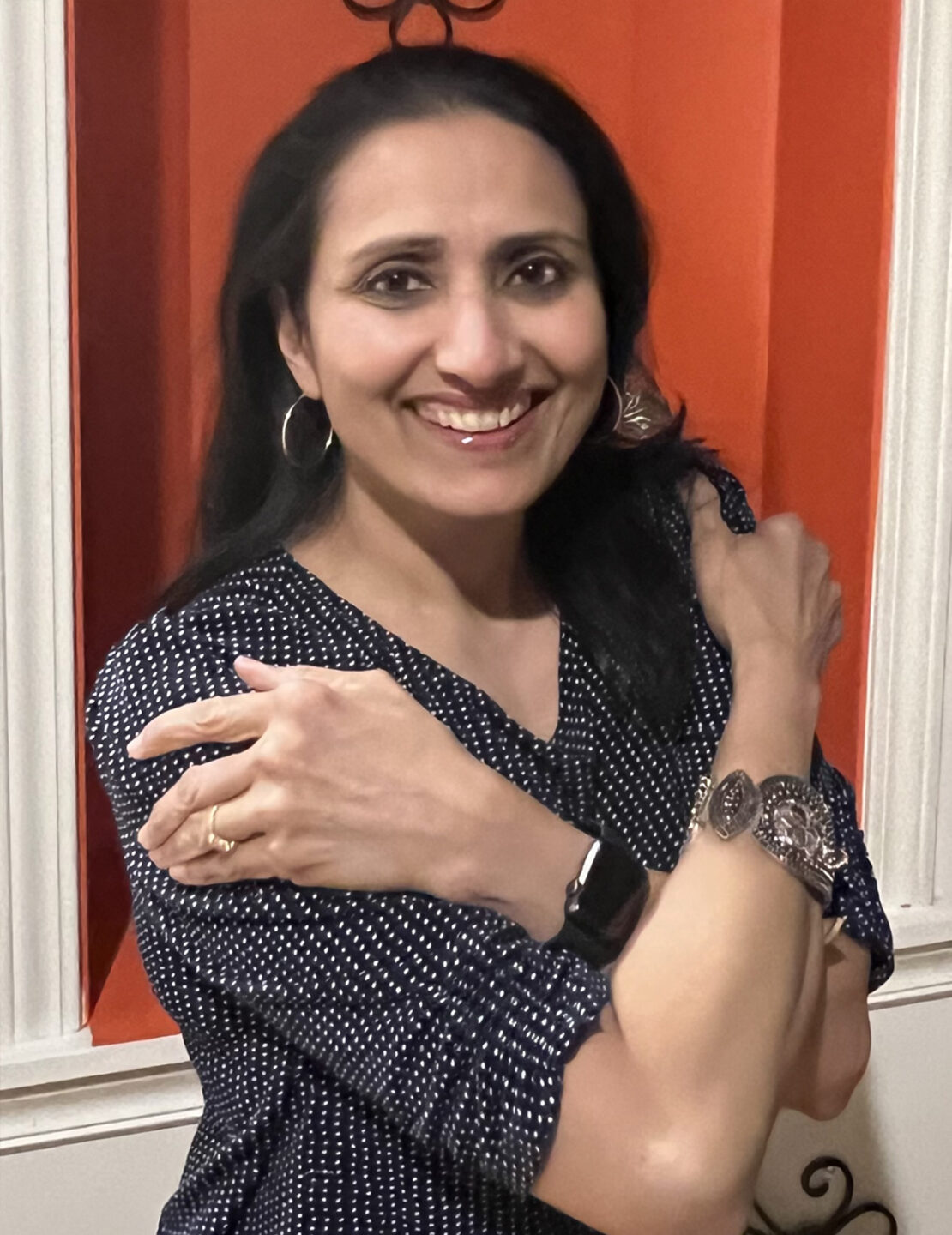
Deepa Shankar
Director
Partnerships
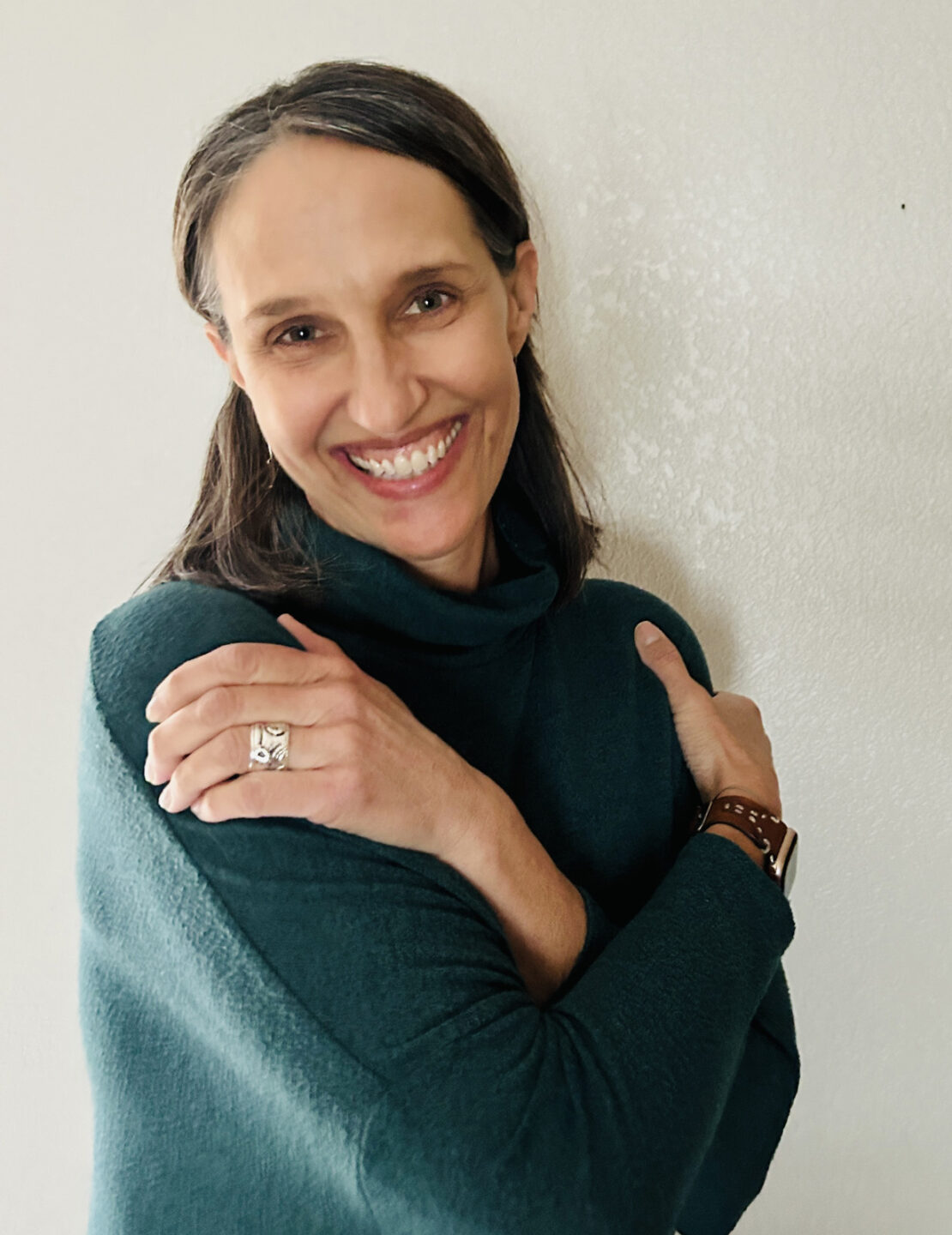
Kelly Keena, Ph.D.
Senior Director
Research Experiences & Education
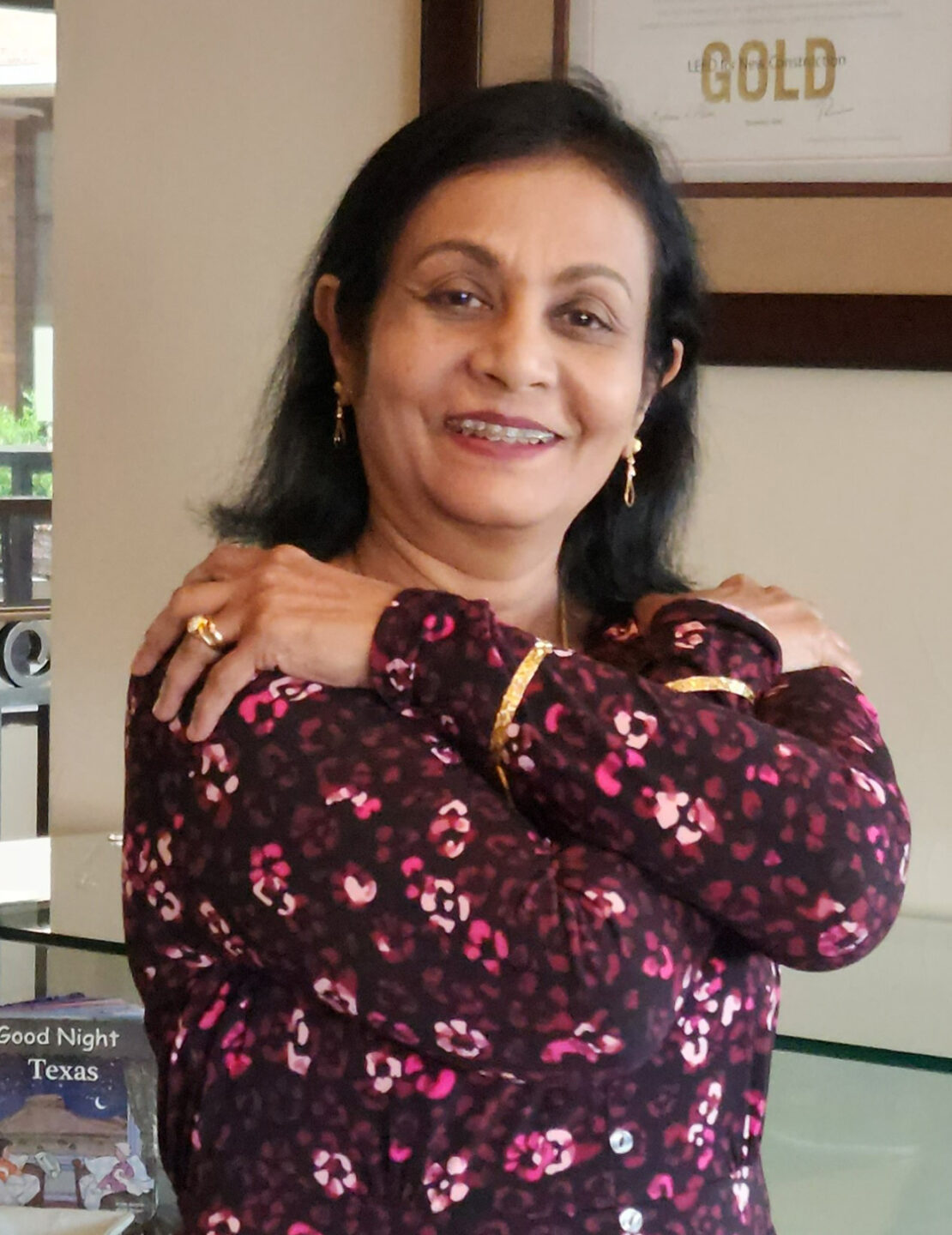
Judy Jeevarajan, Ph.D.
Vice President and Executive Director
Electrochemical Safety
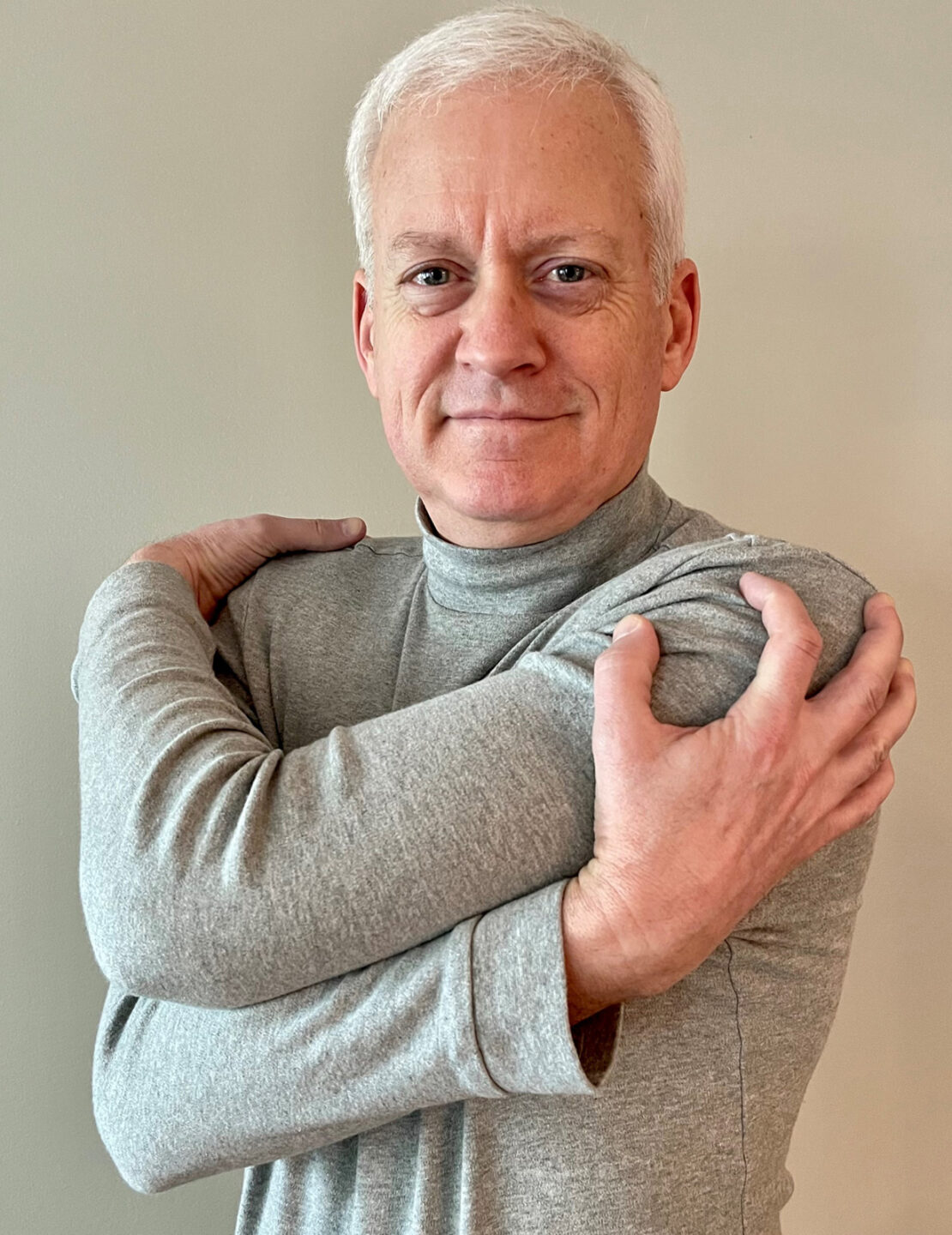
Chris Cramer, Ph.D.
ULRI Senior Vice President and Chief Research Officer
PUBLISHED
Tags

